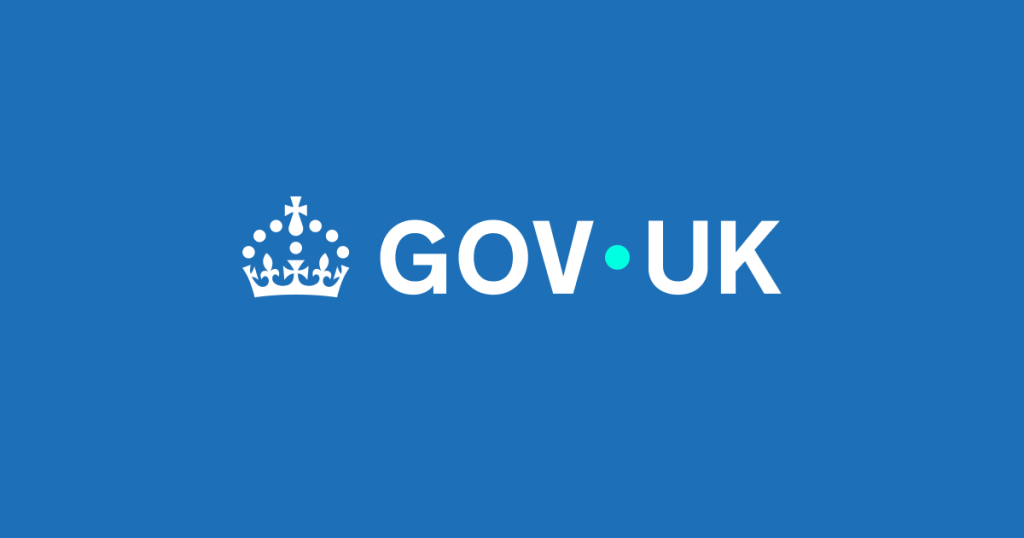Listen to the article
UK Aid Initiative Targets Coronavirus Misinformation in Global Fight
A new initiative backed by UK aid will tackle dangerous coronavirus misinformation that threatens to undermine global efforts to contain the pandemic. The Department for International Development (DFID) has committed £500,000 to challenge false claims and conspiracy theories spreading across South East Asia and Africa that subsequently reach worldwide audiences.
Social media platforms have become breeding grounds for harmful myths about COVID-19, with false “cures” ranging from drinking bleach to rubbing mustard and garlic into the skin. These fabrications pose serious health risks and can accelerate virus transmission by discouraging simple preventative measures like handwashing.
The funding will support the Humanitarian-to-Humanitarian (H2H) Network, an organization with extensive experience addressing misinformation during epidemics, including the 2015 Ebola outbreak. This initiative will work alongside domestic UK efforts by the Department for Digital, Culture, Media and Sport and the NHS to combat online misinformation.
“Misinformation harms us all,” said International Development Secretary Anne-Marie Trevelyan. “By tackling it at source we will help stop the spread of fake news – and coronavirus – worldwide, including within the UK.”
The H2H Network will collaborate with partners BBC Media Action and Internews to create verified, multilingual information specifically targeting falsehoods circulating in South East Asia and Africa. The initiative will also support regional journalists to report more accurately about the virus using World Health Organization information.
Additional support will go to Translators without Borders, which monitors misinformation across languages and translates validated content from health agencies, and Evidence Aid, which maintains a daily-updated database of disease research.
The program will analyze social media and online content to identify misinformation sources and transmission patterns, allowing correct information to be sent directly to those exposed to fake news. Recipients will also be directed to official health guidance.
A key strategy involves engaging social media influencers to help disseminate accurate health information to younger audiences who are particularly vulnerable to misinformation. Among those participating are Bianca Gonzalez, a health expert and YouTube vlogger from the Philippines with over 7 million Twitter followers; Dr. Jahangir Kabir, a Bangladeshi health expert and television presenter with more than 1 million Facebook followers; and Indonesian health blog @KlikDokter, which has over 4 million followers on Facebook.
The initiative targets several dangerous mistruths, including so-called “miracle cures.” In Myanmar, news websites have falsely claimed that sleeping next to chopped onions will “absorb the virus” or that drinking ginger juice provides protection. Scammers posing as health officials have even sold black pepper seeds as a cure.
Another concern is undermining legitimate health authorities. In Tanzania, WhatsApp messages falsely claiming to be from the health ministry have advised drinking warm water every few minutes to prevent infection. The same message has appeared in French throughout West Africa, purportedly from the Canadian Health Ministry.
Perhaps most alarming are rumors promoting violence. Claims that the virus was deliberately created or spread have triggered attacks on Chinese nationals across South East Asia and in the UK. A manipulated video alleging Chinese officials were executing coronavirus victims went viral globally after being shared by the celebrity sister of a prominent Bollywood actor. The footage was actually edited from four unrelated clips, including one showing Chinese police shooting a rabid dog.
Public Health England continues to update its guidance on coronavirus prevention. Individuals with concerns about symptoms or potential exposure are advised to call NHS 111 or use the dedicated online coronavirus service.
This international effort complements the UK’s domestic response, which includes a cross-government counter-disinformation unit established by the Department for Digital, Culture, Media and Sport to assess the potential impact of false information in Britain, while maintaining robust engagement with social media companies.
Verify This Yourself
Use these professional tools to fact-check and investigate claims independently
Reverse Image Search
Check if this image has been used elsewhere or in different contexts
Ask Our AI About This Claim
Get instant answers with web-powered AI analysis
Related Fact-Checks
See what other fact-checkers have said about similar claims
Want More Verification Tools?
Access our full suite of professional disinformation monitoring and investigation tools




10 Comments
Combating online myths about COVID-19 is crucial to protect public health worldwide. The UK’s initiative targeting misinformation in Africa and Asia is an important intervention.
Exactly. Stopping the spread of dangerous falsehoods is vital, especially in regions with weaker healthcare systems. This funding could save many lives.
Kudos to the UK government for investing in the fight against COVID-19 misinformation globally. Fact-based public health education is critical during a pandemic.
It’s concerning how quickly misinformation about COVID-19 can spread online. I’m glad to see the UK taking steps to address this dangerous trend globally.
Agreed. Conspiracy theories and fake cures on social media pose serious health risks. Funding fact-based campaigns is a smart move.
Misinformation during a pandemic can be deadly. Kudos to the UK for funding initiatives to challenge false claims and promote accurate health information worldwide.
Absolutely. Spreading truth and debunking myths should be a top priority to control the outbreak and save lives.
Tackling COVID-19 misinformation globally is critical. Spreading false cures online puts lives at risk. Glad to see UK aid supporting efforts to counter these dangerous myths.
Agreed. Social media has become a breeding ground for harmful conspiracy theories. Fact-based education campaigns are essential to save lives.
COVID-19 misinformation is a serious global threat that needs a coordinated response. The UK’s funding for anti-disinformation efforts is a welcome step.